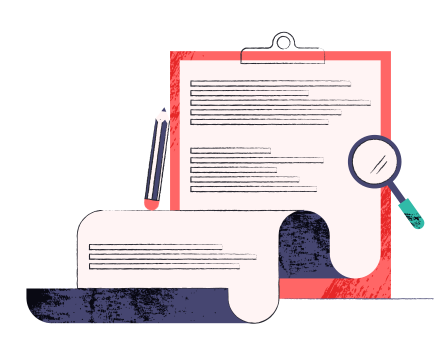Yourkeys for housebuilders
Speed up and smarten up your end-to-end new homes sales journey with our software for housebuilders.
We’ve got it all covered – from reservation and sales progression tools and AML solutions, through to our bespoke housebuilder CRM.


Reservation engine and buyer portal
Reserving a home takes up more time than ever – for you and your buyers. De-stress your whole process with our Reservation Engine and Buyer Portal.
- Get an off-the-shelf solution: Give your customers a high quality, consistent experience and that makes you NHQB compliant
- Reduce the average time to reserve a property: Complete all the necessary paperwork in 25 minutes
- Save an average of 14 days: Thanks to more tasks being completed remotely

Sales progression portal
Sales negotiators spend an average of 60% of their time progressing sales. It’s time consuming, manual, lacks transparency – and ultimately impacts your revenue. Free them up with our off-the-shelf Sales Progression Portal.
- Connect your CRM: Link it up to your conveyancing and mortgage broker system, letting you track your sales progression in real time
- Save up to 3 hours a week: Every negotiator can collate sales progression reports quicker
- Generate referral revenue: Instruct conveyancers integrated into the platform – all accredited, and highly rated law firms and IFAs

Anti-money laundering (AML)
Your current AML solution is expensive and doesn’t integrate with anything else, right? Add our AML solution into your CRM to avoid duplication and protect your business from compliance risks.
- Complete ID checks in minutes: Your buyers can do what they need to do on their chosen device, saving you an average of £16k a year overall
- Supported in 195+ countries: With over 4500 forms of documentation accepted
Want to see more?

Housebuilder CRM
Lead demographic map view
Tailor your marketing by location and buyer attributes with our Lead Demographic Map View.
- Instant overview: Understand your business at a glance, helping you address bottlenecks and progress sales quicker
- Multi development: Support your entire team from one system, across multiple developments. Keep your sites separate but your team together
Marketing
Nail your marketing without leaving your CRM. Whether you’re launching a bespoke marketing campaign or need to nurture your colder leads, we’ve got it covered.
Build sophisticated SMS and email campaigns for your database in the platform and get them into the inboxes of those most likely to convert.
Reporting
With our housebuilder CRM, you get a comprehensive suite of reports to keep you in the know. Build powerful and filterable reports to track and register plots, leads and sales progression.
- Smart group reports: Get the detail you need for every plot and development whenever you need it, on everything from lead volumes to plot completion
- Manager dashboard reports: Get clarity on overdue tasks, right down to calls made over a given timeframe
Lead management
Unlock revenue faster with unbeatable lead management.
- Get full visibility: From lead submission to reservation, you’re in control, with built-in email and SMS campaign functionality
- Sync your lead automatically: Whether they’re from portals, your website or a development microsite, they’re in your CRM instantly
- Qualify leads with workflows you control: Set your own criteria based on any data you have – from buyer group to financial constraints
Site map
Know your developments inside out. Our CRM’s unique Site Map functionality gives your team a complete overview of the sales position of every plot in the development.
- Get plot info at a glance: Understand achieved pricing or square-footage per pound quickly
- Focus your team’s efforts: Get the information you need to price units consistently and identify plots that need sales focus
Contact